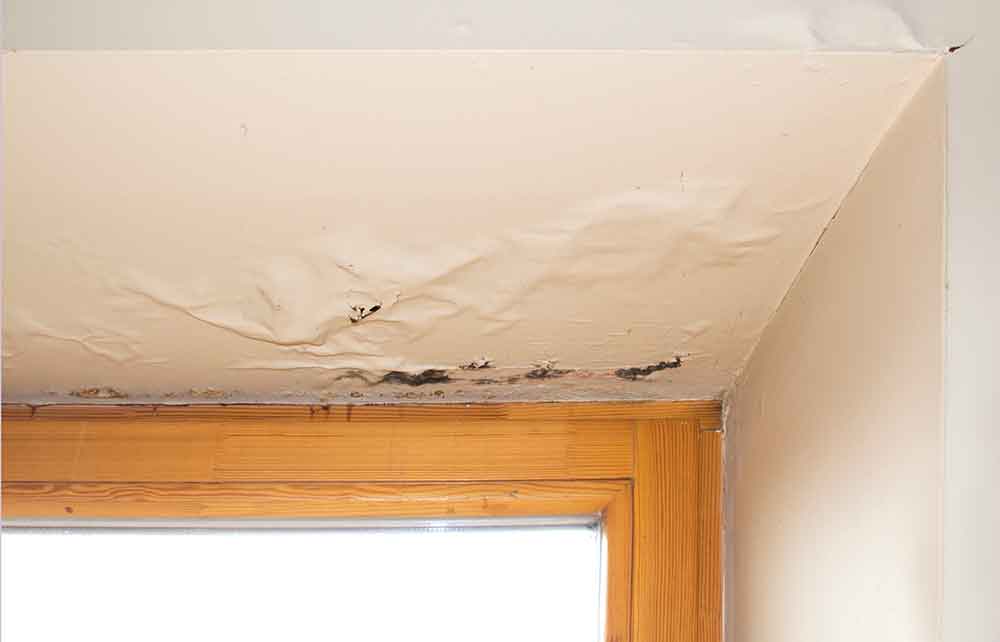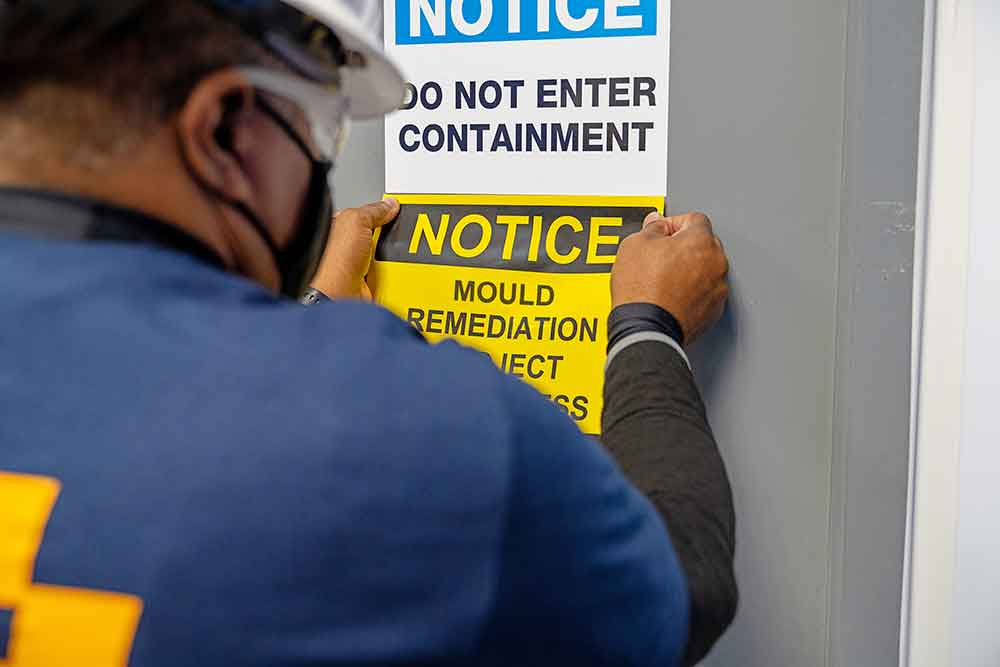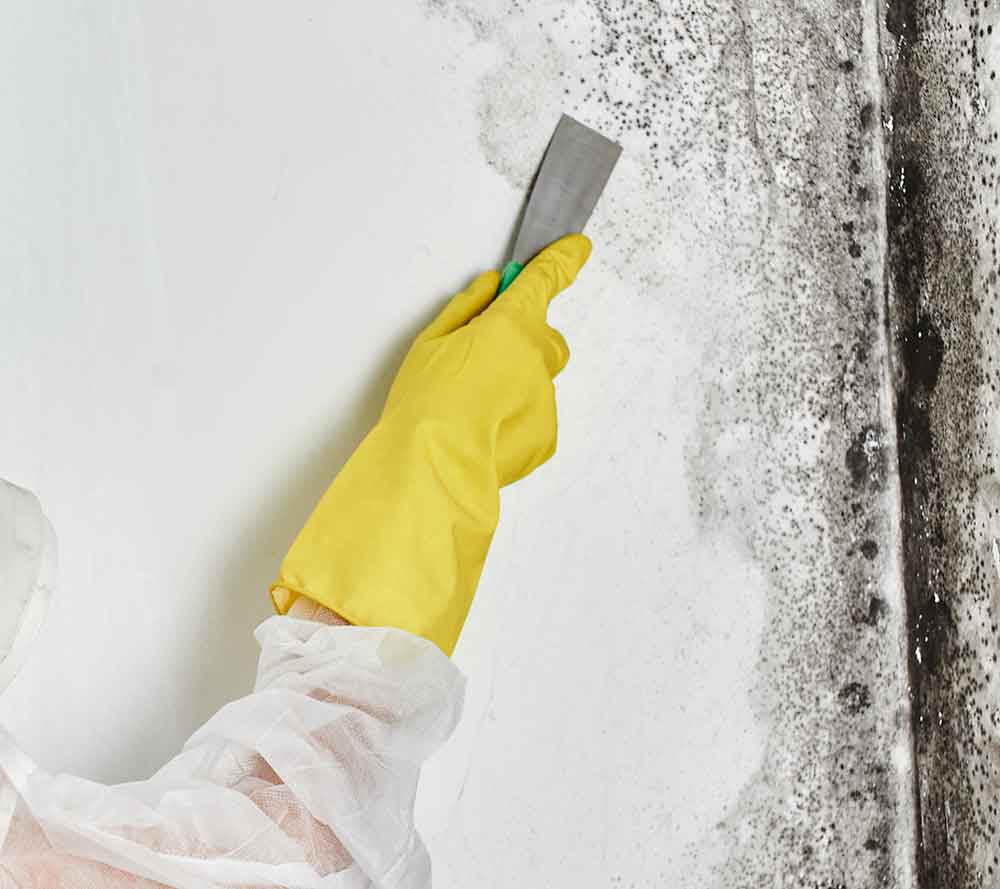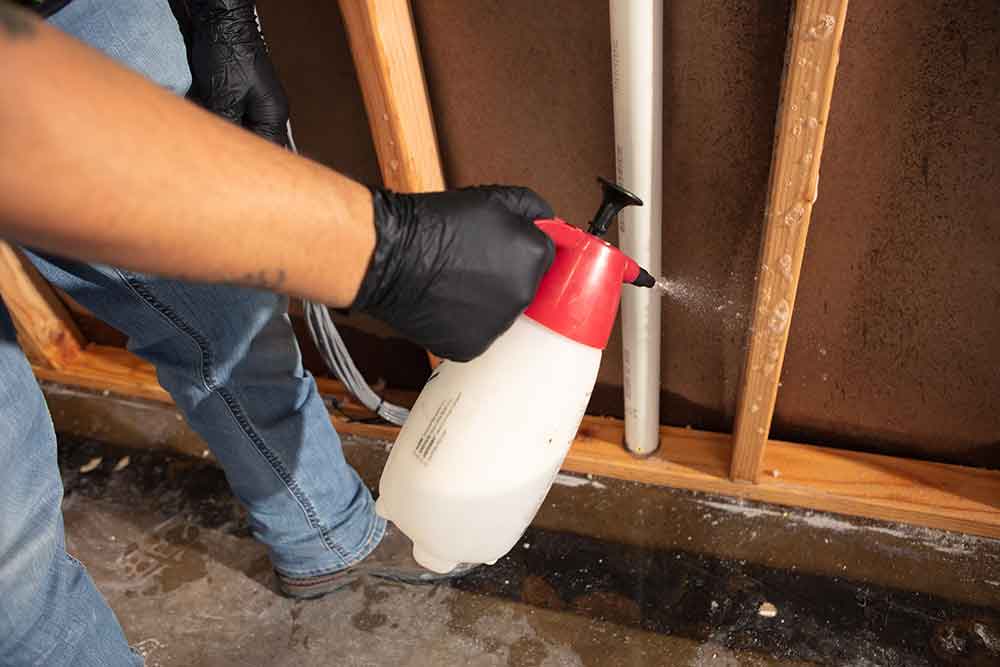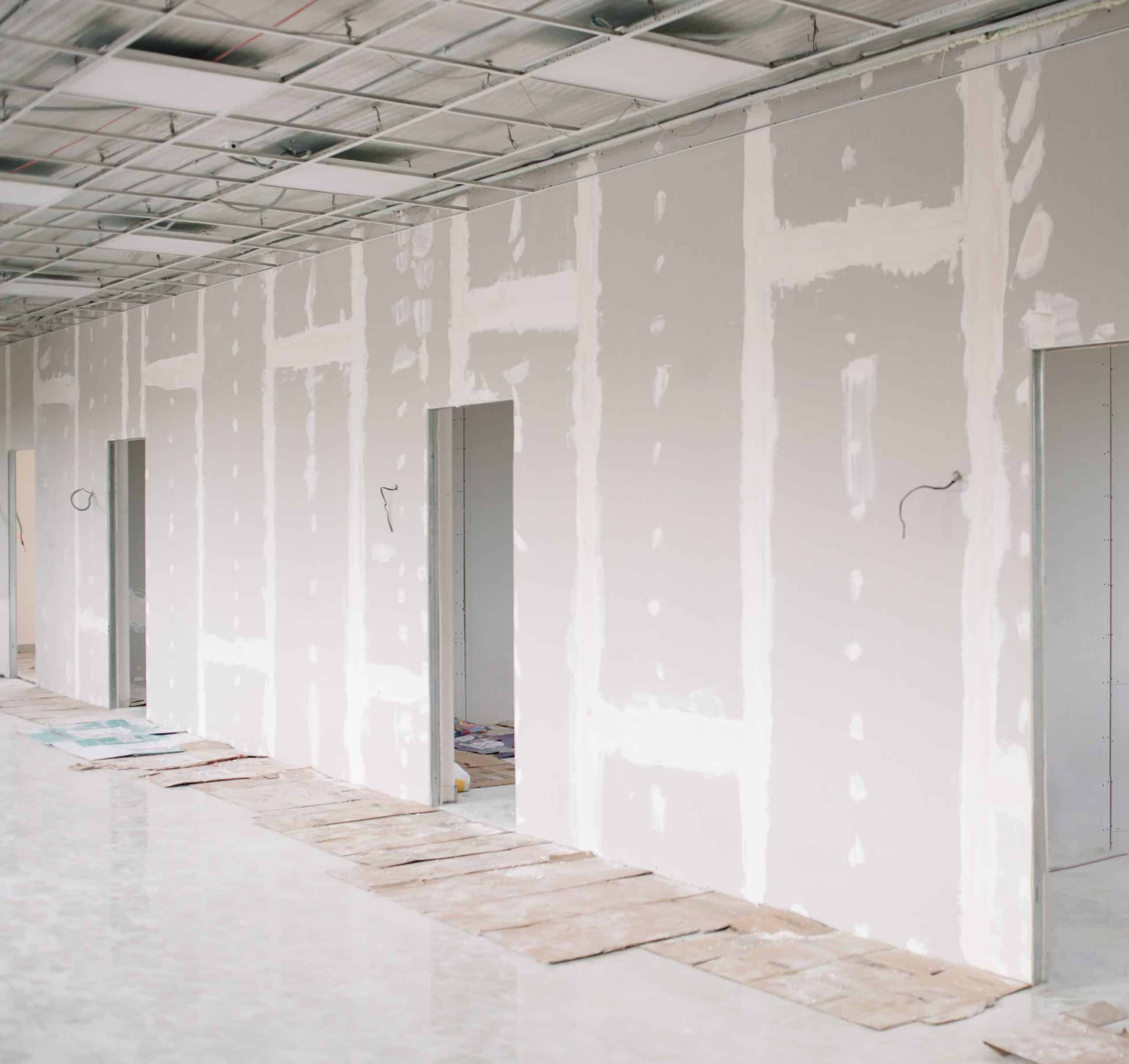Mould Remediation
Restoring healthy indoor environments
If you’ve experienced water damage or humid conditions and suspect that you have mould somewhere within your property, allow our mould-remediation specialists to evaluate the source and extent of the mould growth. We will identify and perform the appropriate remediation steps necessary to quickly restore healthy indoor environment.

Visible mould growth
Discoloured spots or streaks with fuzzy, velvety, or slimy texture can be common signs of mould.

Musty odours
A musty or damp smell is a sign that mould is present but may not be visible.

Water damage or leaks
Water damage or leaks provide the necessary moisture, combined with warmth and organic matter, for mould spores to thrive.

Health issues
You or someone in your home or business is experiencing worsened or unexplained health issues, such as allergies, asthma, respiratory problems, or headaches.
Steps to Take if You Suspect Mould
Mould can be hard to identify, but if you suspect your property has mould or mildew (a type of mould), it’s crucial to act fast.
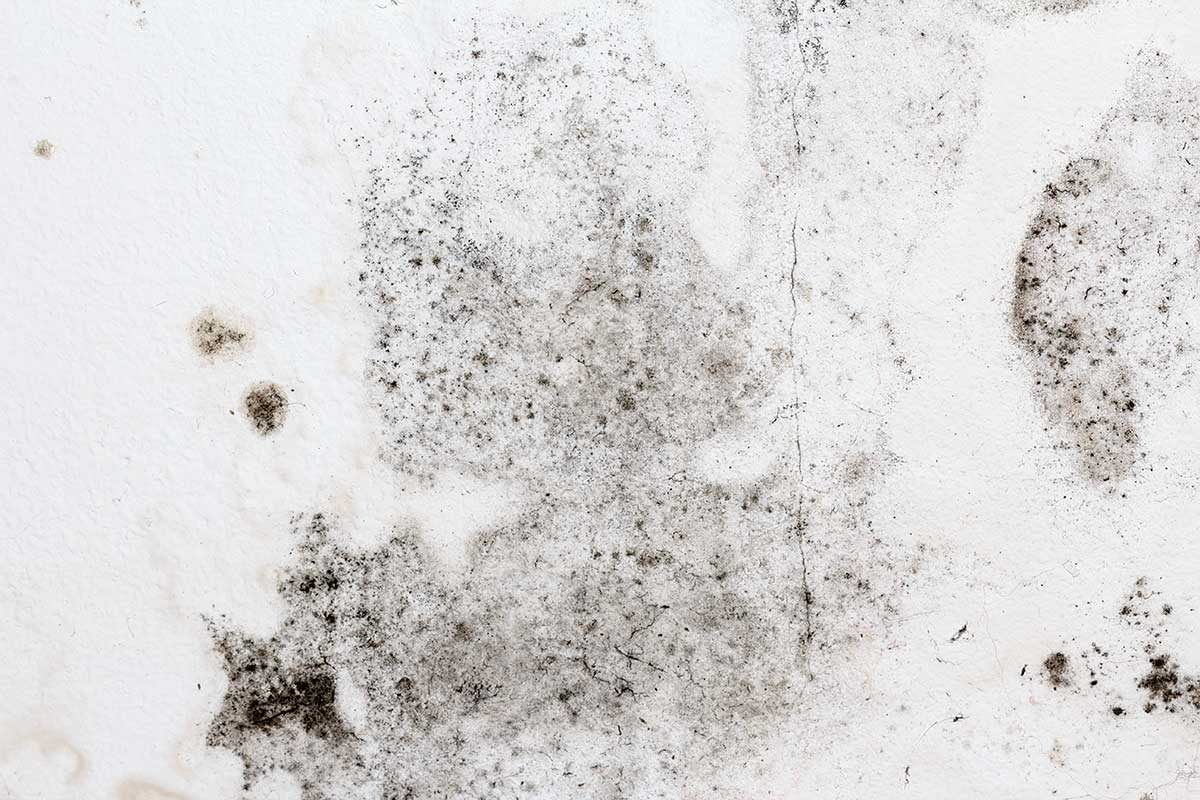
First Onsite Mould Remediation Process
Mould remediation refers to removing mould, disinfecting, and restoring affected areas. Our teams bring decades of experience and adhere to strict industry practices and regulations on every mould remediation job.
The Benefit of Hiring a Mould and Mildew Remediation Partner
Safety is a significant concern during mould removal; it’s essential to take precautions to avoid the spread of mould spores. Improper techniques or incomplete remediation by untrained people can lead to unhealthy indoor air quality, future regrowth, and damage to the structure. Ensuring safe removal and minimizing additional risks requires the experience of a professional team with the proper training and equipment to effectively eliminate the threat of future regrowth and further damage.
We call on decades of experience and strict adherence to regulations, standards, and guidelines to make the mould and mildew remediation process effective and efficient. If you suspect mould or mildew within your property, contact our emergency call centre. It’s available 24 hours a day, 365 days a year. Our services are available to you at any time. See our coverage map here.
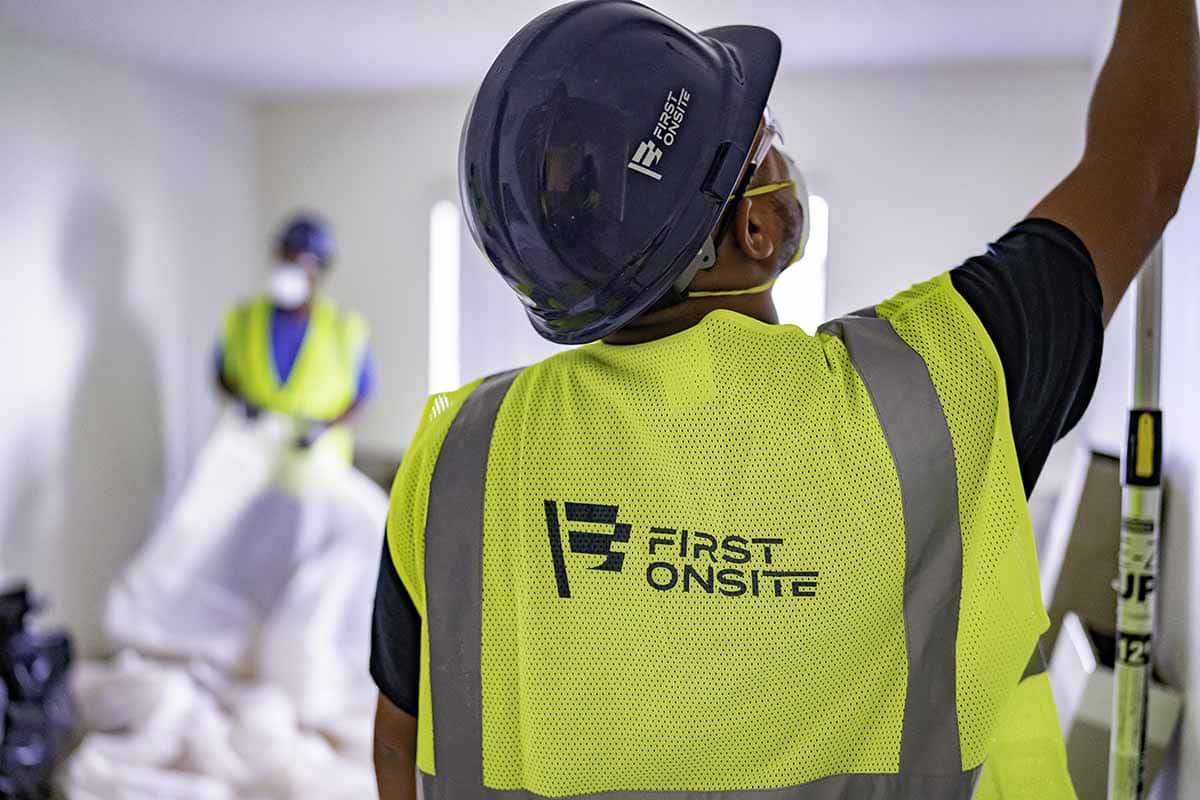
Related Services
REDUCE YOUR DOWNTIME WITH A PRE-LOSS PLAN
Creating a disaster response plan allows us to respond even more quickly and effectively. By meeting with you before any damage occurs, our teams can familiarize themselves with your property, identify important points of concern, and develop a customized plan tailored to your facility’s unique requirements. This preplanning helps us to equip you with the necessary resources to react rapidly when the need arises.
Let us help you prepare for the unexpected
When disaster strikes, knowing what to expect can make a world of difference. Discover what our specialists have to say about preparing for disaster, expediting recovery, and everything in between. We’re here to help, always.
